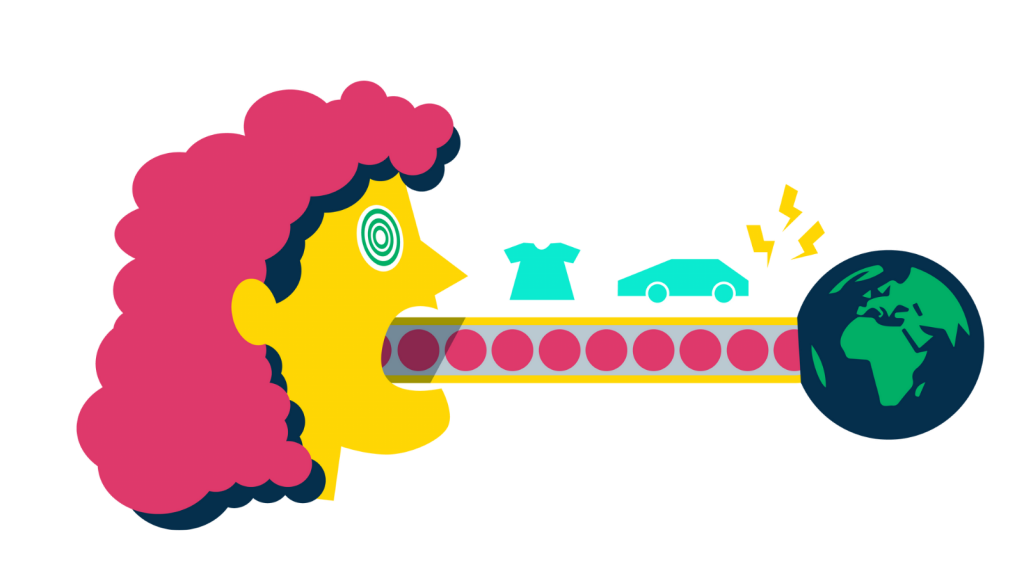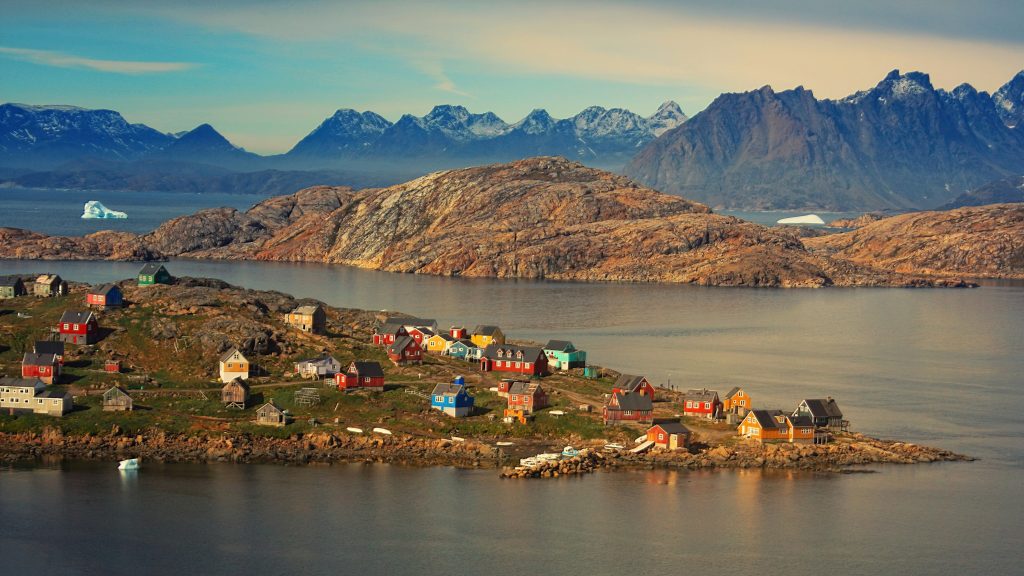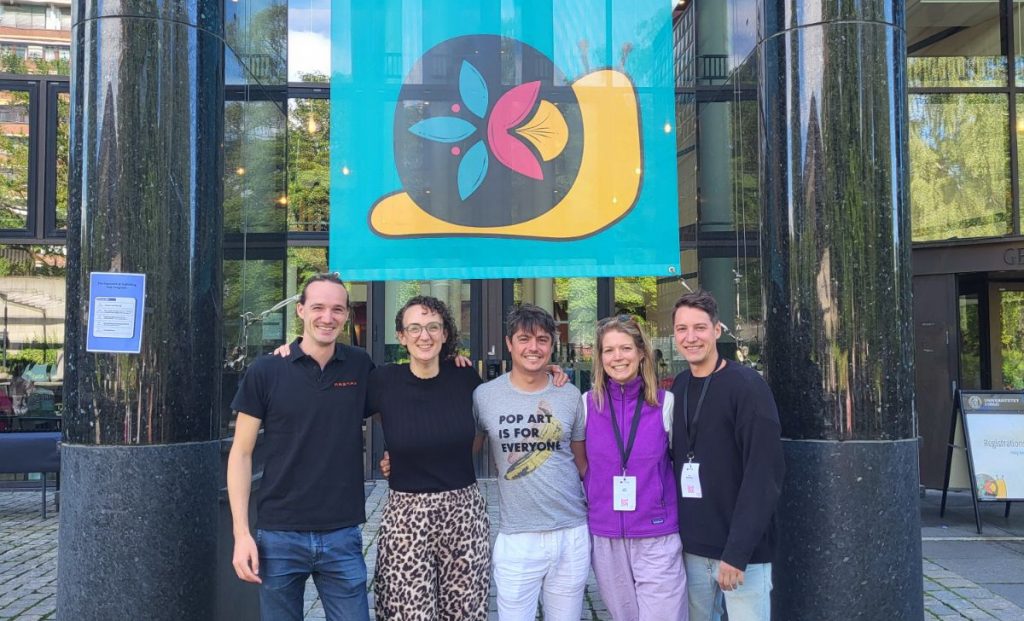Resource extraction and overconsumption are the central drivers of environmental degradation and interrelated social challenges, yet policy makers remain too shy to address them. A recent workshop organised by NGOs and think tanks looked at how to move the debate forward.
Our core ecological problem is not climate change. It is overconsumption, with climate change and its social inequalities as the symptoms. Our current system extracts, produces, consumes and wastes resources much faster than Earth can regenerate. Europe’s material footprint – the total amount of fossil fuels, biomass, metals and minerals consumed, including in imports – is double the sustainable level.
Yet, absolute reduction of resource demand and consumption remains a blind spot in the European Green Deal and national climate and energy strategies. Demand-side measures that seek to address and remedy the inequitable overconsumption of natural resources are the elephant in the EU-policy room.
Reacting to the cost of living and energy crisis, French President Emmanuel Macron announced in August “the end of abundance”. However, people in the EU are understandably frustrated as they struggle to pay to heat and eat, while fossil fuel companies continue to rake in obscene profits, a World Cup is organised in air-conditioned outdoor stadiums in Qatar, and even a Winter Games has been proposed in the deserts of Saudi Arabia… So how can policies step up to address the new challenges faced by society, reduce inequalities, and permit us to thrive without breaking the boundaries of our planet?
At a hybrid workshop organised in Brussels by the Institute for European Environmental Policy (IEEP), Friends of the Earth Europe, the European Youth Forum and the European Environmental Bureau (EEB), campaigners, researchers and policy makers met to discuss this complex topic.
In her opening, Agata Meysner from the IEEP underlined that the European Green Deal has yet to take on the issue of overconsumption seriously. However, she also acknowledged that there were some promising developments, such as the inclusion of material footprint and consumption footprint as indicators to the EU’s circular economy monitoring framework. Positive changes can also be seen among the member states, with Austria expected to follow the Netherlands and Finland to set national targets to reduce its resource use.
In a powerful speech, UN International Resources Panel (IRP) chair and former Environment Commissioner Janez Poto?nik emphasised the pressing need for developed nations to reduce their resource use in absolute terms and set up the necessary targets to achieve this. The bottom line is, we need to rethink how we operate as a society to achieve this and move away from the mainstream take-make-dispose model. For example, meeting basic needs and wellbeing through “usership” of products and services, not ownership. Janez also recently co-authored an IRP paper calling absolute resource reduction as the missing link in climate policies.
Mark Looman from the Belgium federal Ministry of Health and Environment also explained that although the country has begun to tackle issues such as circular economy, repair and obsolescence, it was more politically challenging to bring forward measures to reduce overall resource consumption.
Monika Diettrich, a researcher for the German Institute for Energy and Environmental Research supporting Eurostat’s resource flow analysis, stressed that her findings suggested that material use in Europe was far too high, but measures to reduce it by as much as 50-60% in the EU were technically feasible.
In discussions regarding resource use reduction and delivering resource justice in Europe, one message rings clear: circular economy measures alone would not be sufficient to reduce resource use. We need more systemic measures, including overall targets on resource reduction, and politicians and society need to urgently put these targets in place with clear plans on how to achieve the reduction. Strong emphasis was placed on the need for distributary measures such as focusing on the largest overconsumers including the super rich and big industries, as well as a focus on new metrics for societal progress including wellbeing instead of relying on GDP growth.
The organisers are planning a follow up event on this topic at the forthcoming World Circular Economy Forum later this year. If you are interested in resource justice please contact: Meadhbh Bolger, Jan Mayrhofer, Agata Meysner, and Jean-Pierre Schweitzer.







